Neurontin, the brand name for gabapentin, has been prescribed for decades to treat nerve pain, epilepsy, and sometimes anxiety. But it’s not the only option - and for many people, it’s not the best one. Side effects like dizziness, drowsiness, and weight gain can be hard to live with. If you’ve been on Neurontin and aren’t feeling better, or if your doctor says it’s no longer working, you’re not alone. Many patients and doctors are turning to other medications that might work faster, with fewer side effects, or for conditions Neurontin doesn’t touch well.
What Neurontin Actually Does
Neurontin (gabapentin) works by calming overactive nerves. It’s not a typical painkiller like ibuprofen. Instead, it changes how your brain processes pain signals, especially those caused by damaged nerves. That’s why it’s often used for post-shingles pain (postherpetic neuralgia), diabetic neuropathy, and sometimes fibromyalgia. It’s also used as an add-on for partial seizures and, off-label, for anxiety and insomnia.
But here’s the catch: studies show gabapentin works well for some people and barely at all for others. A 2023 review in The Lancet Neurology found that only about 30-40% of patients with nerve pain got meaningful relief from gabapentin. That means over half didn’t benefit enough to keep taking it. And because it’s often prescribed at high doses for long periods, side effects pile up.
Top Alternative: Pregabalin (Lyrica)
If you’re looking for the closest cousin to Neurontin, it’s pregabalin - sold as Lyrica. Both drugs are structurally similar and work on the same nerve receptors. But pregabalin is stronger, faster, and more predictable.
Here’s how they stack up:
| Feature | Neurontin (Gabapentin) | Pregabalin (Lyrica) |
|---|---|---|
| Onset of action | 2-3 hours | 1 hour |
| Dosing frequency | 3 times daily | 2 times daily |
| Effectiveness for nerve pain | 30-40% response rate | 45-55% response rate |
| Weight gain risk | Medium | High |
| Abuse potential | Low to moderate | Moderate to high |
| Cost (UK, 30-day supply) | £15-£25 | £40-£60 |
Pregabalin is more reliable for pain relief, especially in diabetic neuropathy and fibromyalgia. But it’s more expensive and has a higher risk of dependence. In the UK, pregabalin became a Class C controlled drug in 2019 because of misuse. If you’re looking for something stronger than Neurontin and can afford it, pregabalin is the go-to. But if cost or addiction concerns matter, it’s not always the best pick.
Carbamazepine: For Sharp, Electric Pain
If your nerve pain feels like electric shocks - especially in your face or jaw - carbamazepine (Tegretol) might be better than Neurontin. It’s the first-line treatment for trigeminal neuralgia, a condition that Neurontin often fails to control.
Carbamazepine works differently. Instead of calming general nerve activity, it blocks sodium channels in nerves, stopping those sudden, sharp pain bursts. In a 2022 study of 300 patients with trigeminal neuralgia, 70% had significant relief with carbamazepine compared to just 35% with gabapentin.
But carbamazepine isn’t easy to tolerate. It can cause dizziness, nausea, and in rare cases, serious blood disorders. You’ll need regular blood tests if you take it long-term. It also interacts with many other drugs, including birth control and antidepressants. So it’s not a casual swap. But if your pain is lightning-like and localized, this is often the drug doctors reach for before trying anything else.
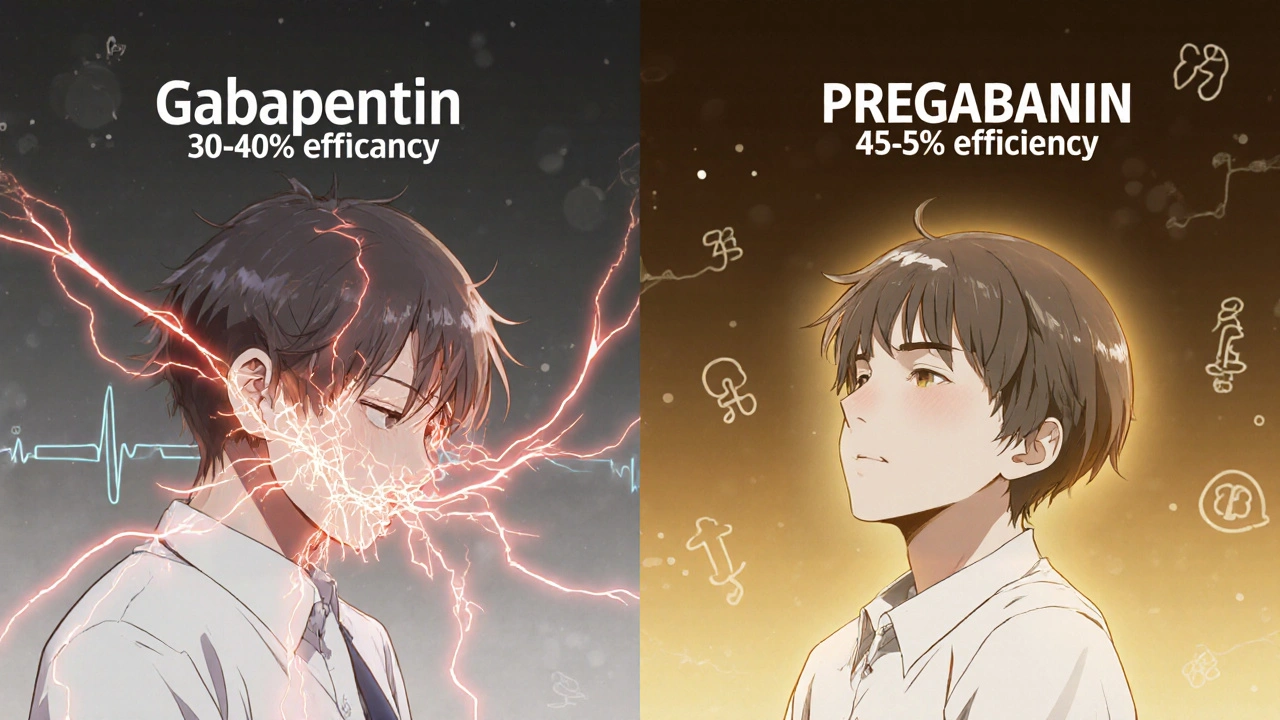
Topiramate: For Nerve Pain and Migraines
Topiramate (Topamax) was originally an anti-seizure drug, but it’s now widely used for migraine prevention - and surprisingly, for some types of nerve pain. It’s especially helpful if you have both migraines and neuropathic pain, which happens more often than you’d think.
Unlike Neurontin, topiramate works by reducing how easily brain cells fire. It also helps with weight loss, which is a plus for people who’ve gained weight on gabapentin. A 2021 trial in patients with diabetic neuropathy showed topiramate reduced pain scores by 40% - similar to pregabalin, but with fewer sedative effects.
The downside? Topiramate can cause brain fog, memory issues, and tingling in fingers and toes. It also increases the risk of kidney stones. And if you’re trying to get pregnant, it’s not safe. But if you’re struggling with nerve pain and migraines together, and you’re tired of feeling groggy, topiramate is worth discussing.
Antidepressants: A Surprising Option
Yes, antidepressants like amitriptyline and duloxetine are often prescribed for nerve pain - even if you’re not depressed. They work by boosting chemicals in your brain and spinal cord that block pain signals.
Duloxetine (Cymbalta) is FDA-approved for diabetic neuropathy and fibromyalgia. In head-to-head trials, it performed as well as gabapentin for pain relief, but with fewer drowsiness issues. Amitriptyline, an older tricyclic, is cheaper and very effective, especially for nighttime pain. Many patients report better sleep and less pain after a few weeks.
But these aren’t magic pills. Side effects include dry mouth, constipation, blurred vision, and sometimes increased anxiety at first. They take 2-4 weeks to work, unlike Neurontin, which can kick in faster. But if you’ve tried gabapentin and still have pain, or if you’re dealing with depression alongside your pain, antidepressants can be a game-changer.
What About CBD or Natural Alternatives?
There’s a lot of buzz around CBD oil, turmeric, and alpha-lipoic acid for nerve pain. The truth? Evidence is weak.
CBD has shown some promise in small studies for pain and inflammation, but no large, high-quality trials prove it works as well as gabapentin for diabetic or post-shingles pain. Alpha-lipoic acid, an antioxidant, has decent data for diabetic neuropathy - one 2020 study showed it reduced pain by 30% over six months. But it’s not fast, and you’d need to take 600mg daily.
Turmeric? Its active ingredient, curcumin, has anti-inflammatory effects, but it doesn’t absorb well in the body. Without special formulations, it’s unlikely to help nerve pain. These aren’t scams, but they’re not replacements for prescription meds either. Think of them as possible add-ons, not alternatives.
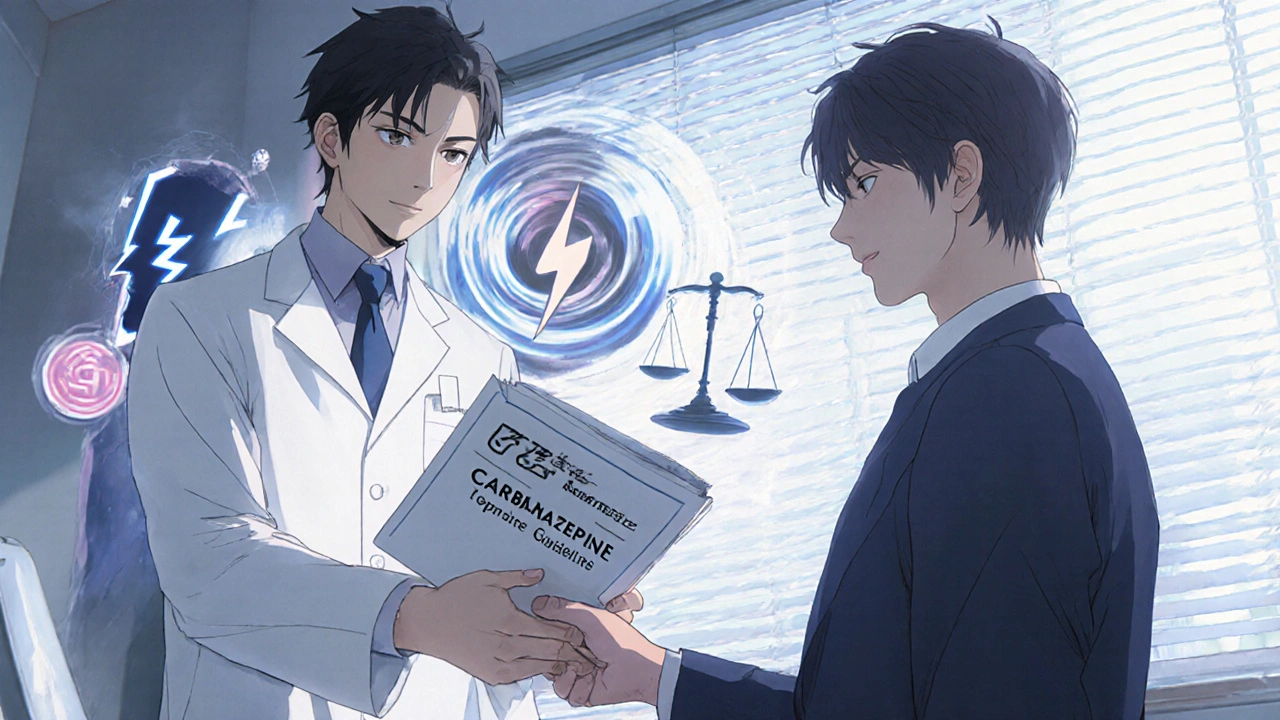
When to Switch from Neurontin
You might want to talk to your doctor about switching if:
- You’re taking 900mg or more daily and still in pain
- You’re gaining weight, feeling foggy, or having trouble concentrating
- You’ve had side effects like swelling, mood changes, or suicidal thoughts
- You’re taking it for anxiety but it’s not helping after 6 weeks
- Your pain type doesn’t match what Neurontin treats well (e.g., sharp facial pain)
Never stop Neurontin suddenly. It can cause seizures or worsen anxiety. Tapering down slowly over weeks is essential.
What Doctors Recommend Now
In 2025, UK and US guidelines are shifting. The NICE guidelines (National Institute for Health and Care Excellence) now recommend starting with antidepressants like duloxetine for diabetic neuropathy, not gabapentin. For post-shingles pain, pregabalin is still first-line - but only if cost isn’t an issue. For trigeminal neuralgia, carbamazepine is still the gold standard.
Most neurologists now see gabapentin as a second- or third-choice option. It’s still useful, especially for patients who can’t tolerate other drugs or need something cheap. But it’s no longer the default.
Final Thoughts
Neurontin isn’t bad - it’s just not the only option anymore. The right alternative depends on your pain type, your other health issues, your budget, and how you respond to side effects. Pregabalin is stronger but pricier. Carbamazepine is great for electric shocks. Topiramate helps if you have migraines too. Antidepressants work well for long-term nerve pain and can improve mood at the same time.
There’s no one-size-fits-all solution. But if you’ve been stuck on Neurontin and aren’t getting better, ask your doctor about alternatives. You might be surprised how much better you can feel.
Is gabapentin the same as Neurontin?
Yes. Neurontin is the brand name for the generic drug gabapentin. They contain the same active ingredient and work the same way. The only differences are cost and inactive ingredients like fillers. Generic gabapentin is much cheaper and just as effective.
Can you switch from Neurontin to pregabalin safely?
Yes, but only under medical supervision. Doctors usually start you on a lower dose of pregabalin and slowly reduce gabapentin over 1-2 weeks. Because pregabalin is stronger, switching too fast can cause dizziness or withdrawal symptoms. Never switch on your own.
Does gabapentin cause weight gain?
Yes, it’s a common side effect. Studies show up to 10% of people gain 5-10 pounds over 6 months on gabapentin, especially at higher doses. The reason isn’t fully understood, but it may be linked to increased appetite or fluid retention. If weight gain is a concern, alternatives like topiramate or duloxetine may be better choices.
Is there a natural alternative to gabapentin for nerve pain?
No natural remedy has been proven as effective as prescription drugs for moderate to severe nerve pain. Alpha-lipoic acid and CBD may offer mild relief for some, but they don’t replace gabapentin or pregabalin. They can be used alongside meds, but not instead of them - especially if your pain is disabling.
Why is gabapentin being prescribed less now?
Because newer evidence shows other drugs work better for most nerve pain conditions. Guidelines now recommend starting with antidepressants like duloxetine for diabetic neuropathy, and pregabalin for post-shingles pain. Gabapentin is still used, but mostly when other options don’t work, aren’t affordable, or cause worse side effects.

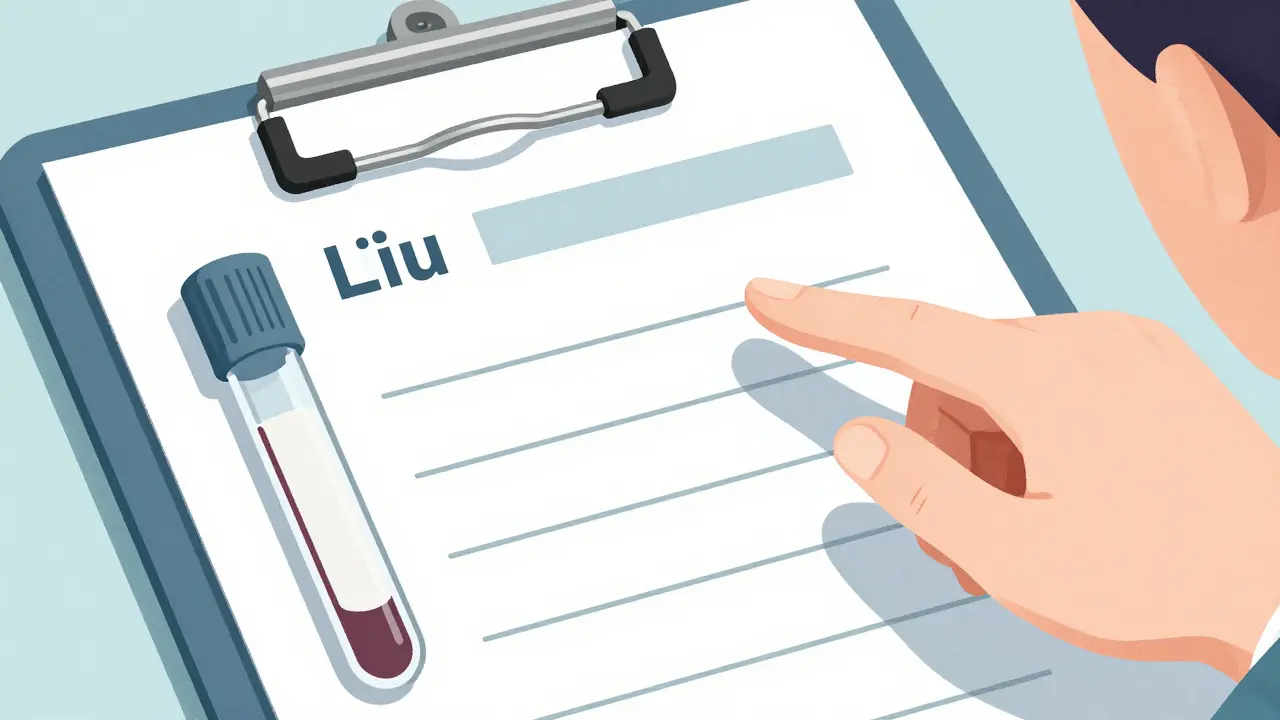

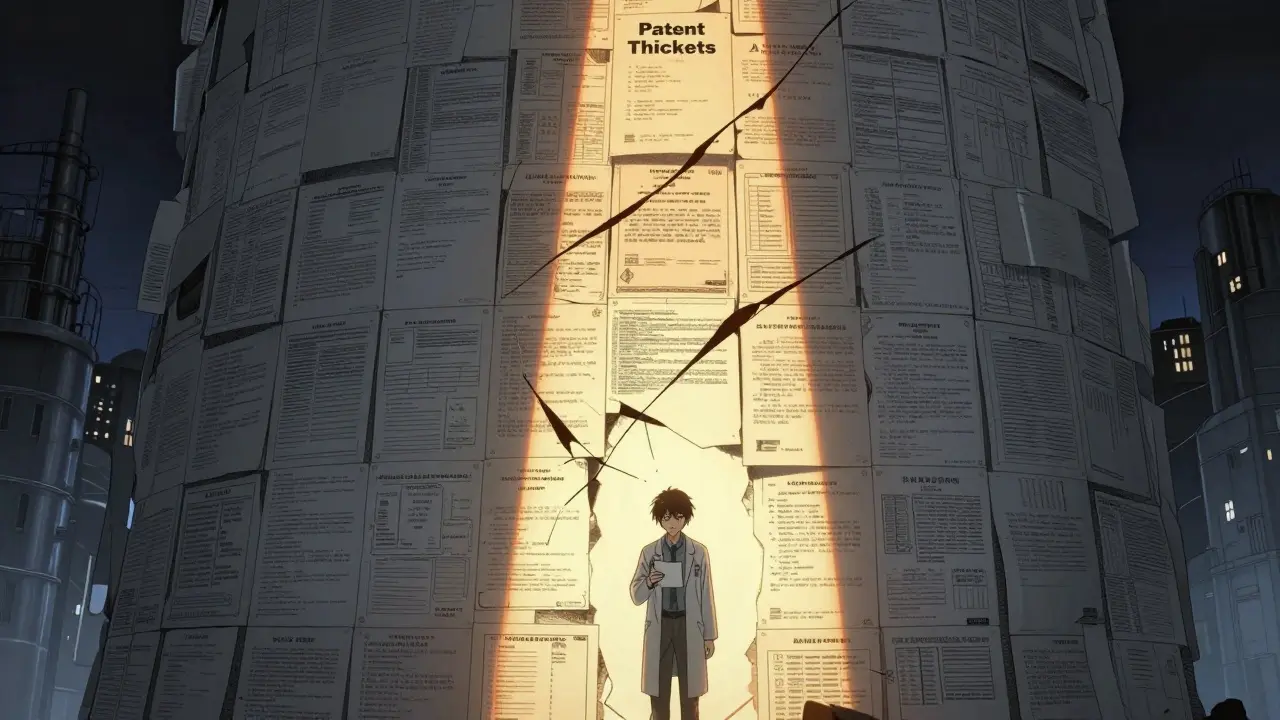
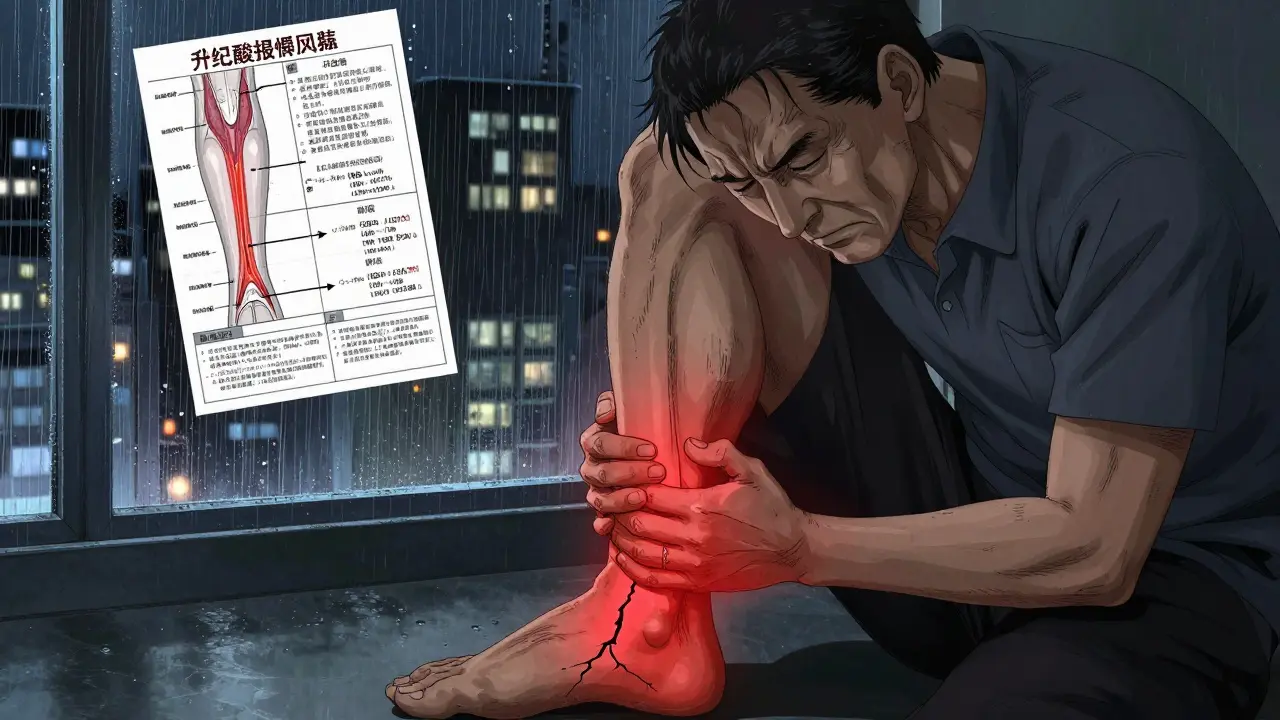
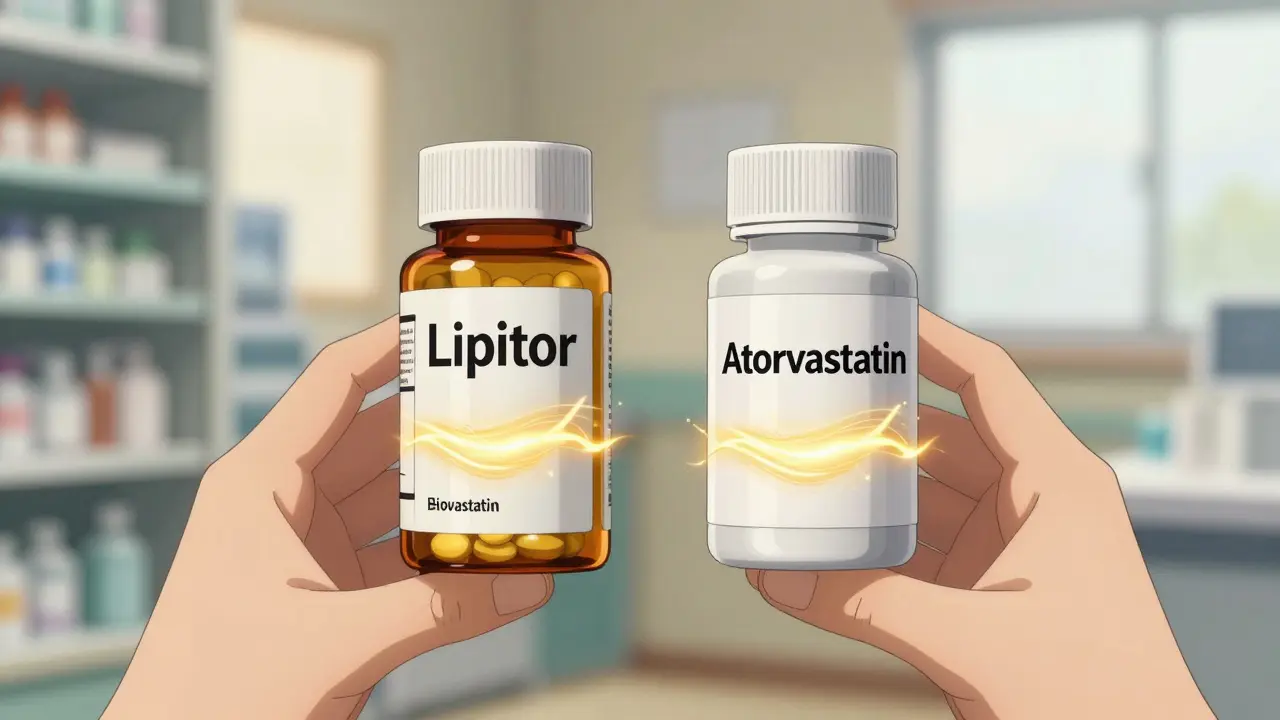
Mike Gordon
October 30, 2025 AT 00:19Man, I've been on gabapentin for years for my diabetic neuropathy, and it just made me feel like a zombie. Weight gain, brain fog, the whole deal. Switched to duloxetine last year and holy hell, it's been a game-changer. No more napping at 3pm and I actually lost 12 pounds. Still takes a few weeks to kick in, but worth it.
Kathy Pilkinton
October 31, 2025 AT 07:16So you're telling me the drug that got me addicted to buying it on the dark web isn't even the best option? Thanks for the heads up, I guess. I'm already halfway through my third refill of Lyrica and my doctor still acts like I'm asking for heroin. Guess I'll just keep pretending I'm taking it for 'anxiety' like they told me to.
Holly Dorger
November 1, 2025 AT 17:00I tried topiramate after gabapentin gave me weird tingling all over and made me forget my own birthday. It worked great for my migraines and nerve pain, but the brain fog was real. I'd forget where I put my keys, then forget I was looking for them. Still, better than feeling like a sloth. Also, I lost weight which was a nice side effect lol.
Amanda Nicolson
November 2, 2025 AT 14:48I just want to say, if you're on gabapentin and it's not working for you, PLEASE don't feel like you're broken or failing. I was on it for 18 months for fibromyalgia and felt like a shell of myself-sleepy, bloated, emotionally numb. When I finally switched to amitriptyline, it was like someone turned the lights back on. I cried the first morning I woke up without that heavy blanket on my chest. It's not about being weak, it's about finding what fits your body. You deserve to feel human again.
Jackson Olsen
November 3, 2025 AT 19:51So carbamazepine for face pain? I have trigeminal neuralgia and gabapentin did nothing. My doc gave me tegretol and boom-like a switch flipped. Still got side effects but worth it. Also, blood tests suck but better than feeling like my face is being stabbed with a hot nail every 5 minutes.
Penny Clark
November 3, 2025 AT 21:10Just wanted to say thank you for this post! I’ve been scared to ask my doctor about switching because I thought gabapentin was the only option. Now I’m going in with questions about duloxetine and topiramate. Also, alpha-lipoic acid? I’ve been taking it for months and it’s helped a little, but I didn’t know it had actual studies backing it 😊
Niki Tiki
November 5, 2025 AT 06:56Why are we even talking about these fancy pills when CBD oil works better and costs less? The government just wants you dependent on Big Pharma. Gabapentin is a scam. I took 3 drops of 1000mg CBD oil and my nerve pain vanished. No blood tests, no weight gain, no doctor visits. Just pure plant power. Wake up people
Jim Allen
November 6, 2025 AT 17:31So we're just gonna ignore the fact that gabapentin is basically the pharmaceutical equivalent of a weighted blanket? It doesn't fix the problem, it just makes you too tired to care. I'm not mad, I'm just disappointed. Also, why does everyone act like pregabalin is some miracle drug? It's just gabapentin with a better marketing team and a higher price tag. We're all just rats in a lab.
Nate Girard
November 7, 2025 AT 19:04Just got off gabapentin after 2 years and started duloxetine last week. It’s only been 5 days but I already feel like myself again. No more foggy mornings. I can actually focus at work. And no, I’m not depressed-just in chronic pain. This post gave me the courage to ask for a change. Thank you for sharing real info, not just drug ads.
Carolyn Kiger
November 9, 2025 AT 13:31I’ve been on gabapentin for seizures since 2018. It kept me stable, but the weight gain was brutal. My doctor switched me to topiramate and I lost 20 lbs in 4 months. The tingling in my fingers was weird at first but I got used to it. Now I sleep better, think clearer, and my seizures are even fewer. It’s not perfect, but it’s better. Don’t be afraid to ask for options.
krishna raut
November 10, 2025 AT 11:56Gabapentin useless for my neuropathy. Pregabalin worked better but too expensive. Amitriptyline cheapest and best. Sleep better too. No need for fancy drugs.
Prakash pawar
November 11, 2025 AT 17:52Let’s be real here. We live in a world where a drug company can patent a molecule and charge $200 for a bottle of water with a chemical name. Gabapentin? It’s a 1970s compound. Why are we still playing this game? The real solution is not another pill-it’s a cultural shift away from pharmaceutical dependency. But until then, I’ll take my amitriptyline and my turmeric tea and laugh at the system
MOLLY SURNO
November 11, 2025 AT 21:51Thank you for compiling such a comprehensive and clinically accurate overview. This is precisely the kind of balanced, evidence-based information that patients need when navigating complex treatment decisions. The distinction between first-line and adjunctive therapies is particularly valuable, as is the emphasis on individualized care. I will be sharing this with several of my patients who are currently struggling with gabapentin’s side effects.